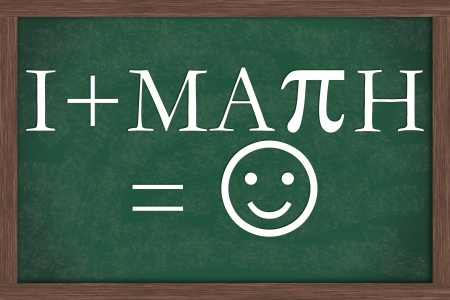Simple Limit - Calculus

What Is The Value of
lim n → ∞ ∑ k = 0 N ( 2 1 ) k
The answer is 2.
This section requires Javascript.
You are seeing this because something didn't load right. We suggest you, (a) try
refreshing the page, (b) enabling javascript if it is disabled on your browser and,
finally, (c)
loading the
non-javascript version of this page
. We're sorry about the hassle.
3 solutions
You can try these: Ariawan's Ratio , Integral of Polynomial Series , and Combination of Logarithm, Limit, and Integral .
There's a bit of typo in the question. It should be N → ∞ lim k = 0 ∑ N ( 2 1 ) k . It can easily be solved because the series forms a geometric progression. The solution is N → ∞ lim k = 0 ∑ N ( 2 1 ) k = 1 + 2 1 + 4 1 + ⋯ = 1 − 2 1 1 = 2 . # Q . E . D . #
First let's just take a look at what's going on here. Plugging in zero, we get 1. From there on out, it's just the harmonic series, which we know sums up to 1. And the most tricky part: 1 + 1 = 2.
You mean, geometric series with common ratio 1 / 2 . The harmonic series is 1 + 1 / 2 + 1 / 3 + 1 / 4 + 1 / 5 + ⋯ , which diverges.
What a boring question.